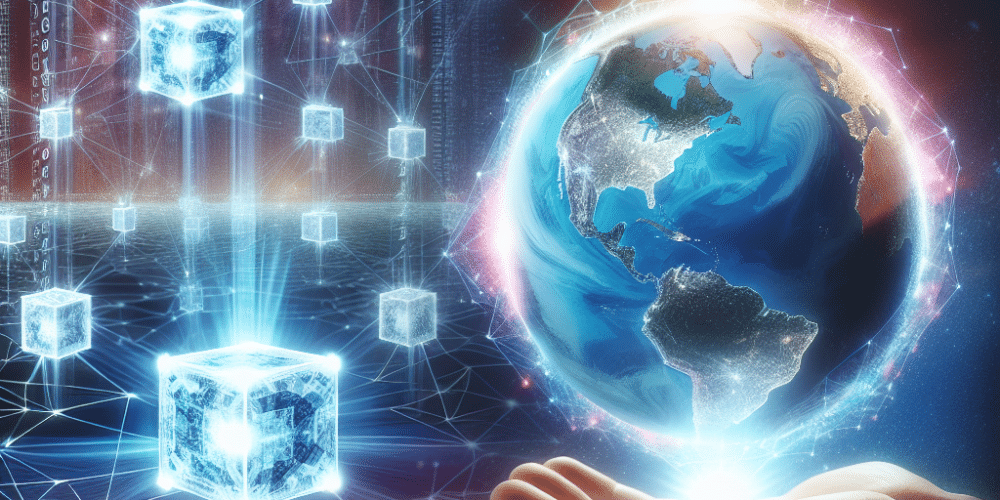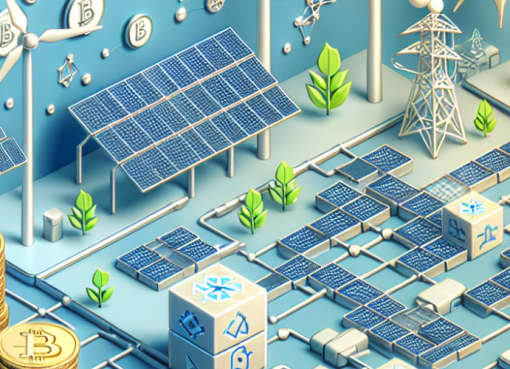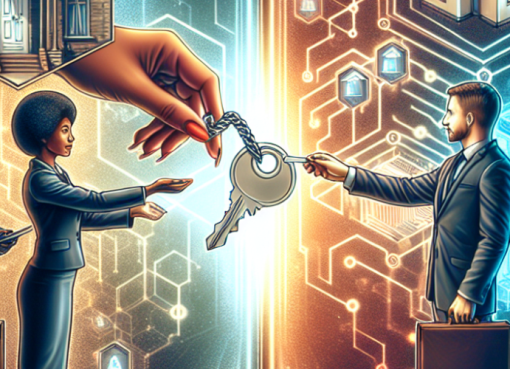In a major breakthrough for global commerce, several high-profile multinational corporations have begun implementing blockchain technology to create transparent and ethical supply chains. This new initiative is primarily focused on industries where supply chain practices have long been under scrutiny, including electronics, apparel, and food.
Industries are prone to complex supply chain challenges, often mired in issues linked to labor rights, environmental concerns, and authenticity. However, the introduction of blockchain into these sectors promises a shift towards more ethical business practices, with companies able to track and verify the origins and processing of products in real-time. This development not only enhances corporate accountability but also offers consumers a peek into the journey of the products they purchase.
Leading this transformative drive is BlockTrace, a startup that has developed an advanced blockchain platform specifically for supply chain management. Their technology provides a decentralized ledger that documents every step of a product’s journey from raw materials to the consumer’s hands. This allows companies to prove the ethical integrity of their goods and ensures compliance with international labor and environmental laws.
“This isn’t just about transparency, it’s about creating a new standard of trust in consumer goods,” stated Maria Lopez, CEO of BlockTrace. “With blockchain, we can assure that products are not only high quality but are also produced under fair conditions. This is a powerful shift towards responsible consumerism and corporate accountability.”
Recent reports indicate a rising consumer demand for ethical products. According to a 2022 survey by the Ethical Consumer Research Association, 70% of consumers expressed a willingness to pay a premium for products certified as ethical. This consumer trend has pushed companies to adapt new technologies that can secure their supply chains against unethical practices.
The use of blockchain in supply chains is notably evident in the coffee industry, where companies like JavaRoasters are now using BlockTrace’s technology to certify the authenticity and ethical sourcing of their beans. “Every packet of coffee we sell has a digital record verifying that it was sourced from fair-trade farms,” explained Tomás Rivera, Chief Product Officer at JavaRoasters. “Consumers can scan a QR code on our products to see the entire history of their coffee. This level of transparency is unprecedented and is changing how we think about the coffee we drink.”
Furthermore, the technology not only benefits consumers but also producers. With blockchain, small-scale farmers and manufacturers can directly connect with large corporations and global markets, bypassing traditional barriers that often sideline them. This connection not only enhances their profitability but also encourages the adoption of sustainable and ethical practices that meet global standards.
However, while the benefits are clear, the integration of blockchain into global supply chains is not without challenges. Issues such as technological compatibility, cost of implementation, and the need for wide-scale industry collaboration remain significant hurdles. Despite these challenges, the momentum behind blockchain for ethical supply chains is growing, driven by consumer demand and the potential for regulatory rewards.
Experts predict that in the next five years, blockchain will become a standard practice in supply chain management across various industries. Regulatory bodies are also taking note, with several governments considering guidelines that would encourage or even mandate the use of blockchain in critical industries.
This development represents a significant step forward in the use of blockchain beyond financial transactions. By fostering transparency and accountability in supply chains, blockchain is not just revolutionizing industries but is also setting a new ethical benchmark for global trade.
As this technology continues to evolve and adapt to various market needs, it is likely that more industries will explore its potential. The ongoing shift towards ethical consumerism, supported by blockchain, might well redefine how goods are produced, traded, and consumed globally, promising a new era of ethical and sustainable business practices.




